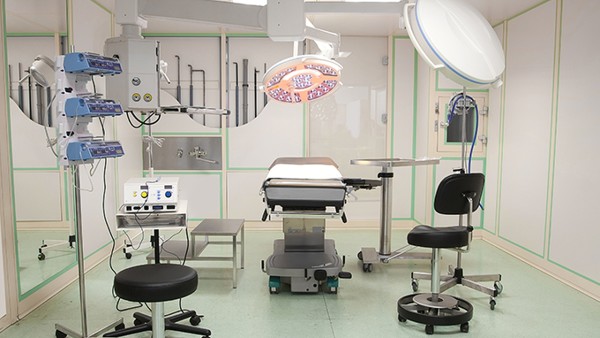What to Do if You Have Pelvic Inflammatory Disease and Effusion

Pelvic inflammatory disease (PID) is a bacterial infection of the female reproductive organs. It can cause a variety of symptoms, including pelvic pain, fever, and vaginal discharge. PID can also lead to the development of an effusion, which is a collection of fluid in the pelvis.
What is an effusion?
An effusion is a collection of fluid that can occur in any part of the body. In the case of PID, an effusion typically occurs in the pelvis. This fluid can be clear, cloudy, or bloody. It may also contain pus.
What causes an effusion?
An effusion can be caused by a variety of factors, including:
Infection
Inflammation
Trauma
Cancer
In the case of PID, an effusion is typically caused by the infection. The bacteria that cause PID can produce toxins that irritate the pelvic tissues and cause them to produce fluid.
What are the symptoms of an effusion?
The symptoms of an effusion can vary depending on the underlying cause. However, some common symptoms include:
Pelvic pain
Fever
Chills
Fatigue
Nausea
Vomiting
Diarrhea
Vaginal discharge
Painful urination
Painful intercourse
How is an effusion diagnosed?
An effusion is typically diagnosed based on a physical examination and a pelvic ultrasound. The ultrasound can help to visualize the effusion and determine its size and location.
How is an effusion treated?
The treatment for an effusion depends on the underlying cause. In the case of PID, the effusion is typically treated with antibiotics. The antibiotics will help to kill the bacteria that are causing the infection.
In some cases, surgery may be necessary to drain the effusion. Surgery is typically only necessary if the effusion is large or if it is not responding to antibiotic treatment.
What are the complications of an effusion?
If left untreated, an effusion can lead to a number of complications, including:
Pelvic abscess
Peritonitis
Sepsis
Infertility
How can I prevent an effusion?
The best way to prevent an effusion is to prevent PID. PID can be prevented by practicing safe sex and by getting regular pelvic exams.
What to do if you have PID and an effusion
If you have PID and an effusion, it is important to see your doctor right away. Treatment for PID and an effusion is typically successful, but it is important to get treatment as soon as possible to prevent complications.
Here are some tips for managing PID and an effusion:
Take your antibiotics as directed by your doctor.
Rest as much as possible.
Avoid strenuous activity.
Apply a warm compress to your pelvis to relieve pain.
Take over-the-counter pain relievers, such as ibuprofen or acetaminophen, to relieve pain.
See your doctor for regular follow-up appointments to monitor your progress.
The above is all the content that the editor wants to share with you. I sincerely hope that these contents can bring some help to your life and health, and I also wish that your life will be happier and happier.
Topic: #if #you #do- • How to care for women’s breast health. If a woman is too angry, her breasts will
- • What to do if diarrhea persists in the late stage of gastric cancer
- • What to do if a child's bronchitis cough persists for a long time
- • What to do if mite allergic rhinitis recurs
- • What to do if a child with epilepsy rolls his eyes upward















